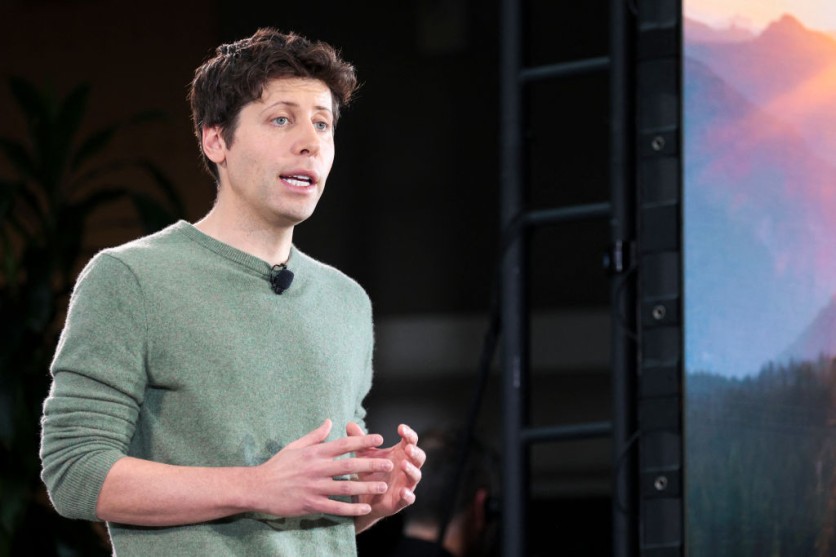Sam Altman, the CEO of OpenAI, has invested $180 million in Retro Biosciences, a biotech startup that emerged from stealth mode in 2022, according to a report by MIT Review on Wednesday, March 8.
Retro Biosciences aims to use genetic engineering to make cells younger, with the ultimate goal of delaying or reversing the aging process.
Altman's investment in Retro Biosciences was kept secret to avoid it being seen as a vanity project. Other billionaires such as Jeff Bezos, Mark Zuckerberg, and Jack Dorsey have invested in similar ventures.

Altman's Other Pursuits
Altman, who spends most of his time at OpenAI, has dedicated a significant amount of his personal finances to pursuing two ambitious goals: limitless energy and extended lifespans.
He has invested over $375 million in Helion Energy, a fusion power startup, and has also made Retro Biosciences one of his top priorities.
Altman's investment in Retro Biosciences is one of the largest individual investments ever made in a startup focused on human longevity, according to MIT Review.
It was previously unreported until now. While OpenAI is known for its advanced chatbots and electronic art programs, Altman has shown a personal interest in supporting ventures that could potentially extend human life.
Sam Altman is a prominent figure in Silicon Valley, having previously run Y Combinator, a startup incubator in San Francisco. However, Altman's reputation has expanded on a global scale following OpenAI's ChatGPT release.
Altman claims to be betting on areas where underlying trends lead him to believe that seemingly impossible technologies might be realized relatively soon. OpenAI, founded in 2015, is a prime example of this approach.
The company developed a transformer-based machine learning program and invested over a billion dollars in building its products.
Approximately eight years ago, Altman took an interest in "young blood" research, where scientists stitched together the blood systems of young and old mice.
The results were surprising, as the old mice appeared to be partially rejuvenated. This research sparked Altman's interest in life extension, leading him to invest in Retro Biosciences, a biotech startup that uses genetic engineering to delay aging.
Read Also : Elon Musk claims Bing with ChatGPT AI Chatbot Gave Wrong Answers on Hypothetical 'Spaceflight'
Specialized Course
Altman directed his staff to investigate the progress of anti-aging researchers. In 2018, Y Combinator created a specialized course for biotech startups that focused on radical anti-aging treatments.
However, Altman eventually shifted his attention to OpenAI, where he assumed a more prominent role.
In 2020, researchers in California discovered that by replacing the plasma of old mice with salt water and albumin, they could achieve an effect similar to that of young blood.
This finding indicated that the real issue was with old blood and that diluting it, along with its toxins, could potentially bring medicine closer to a cure for aging.
Related Article : Microsoft Bing ChatGPT vs. Google Bard: Redmond Event Announced Minutes After Google's AI Reveal

ⓒ 2026 TECHTIMES.com All rights reserved. Do not reproduce without permission.




